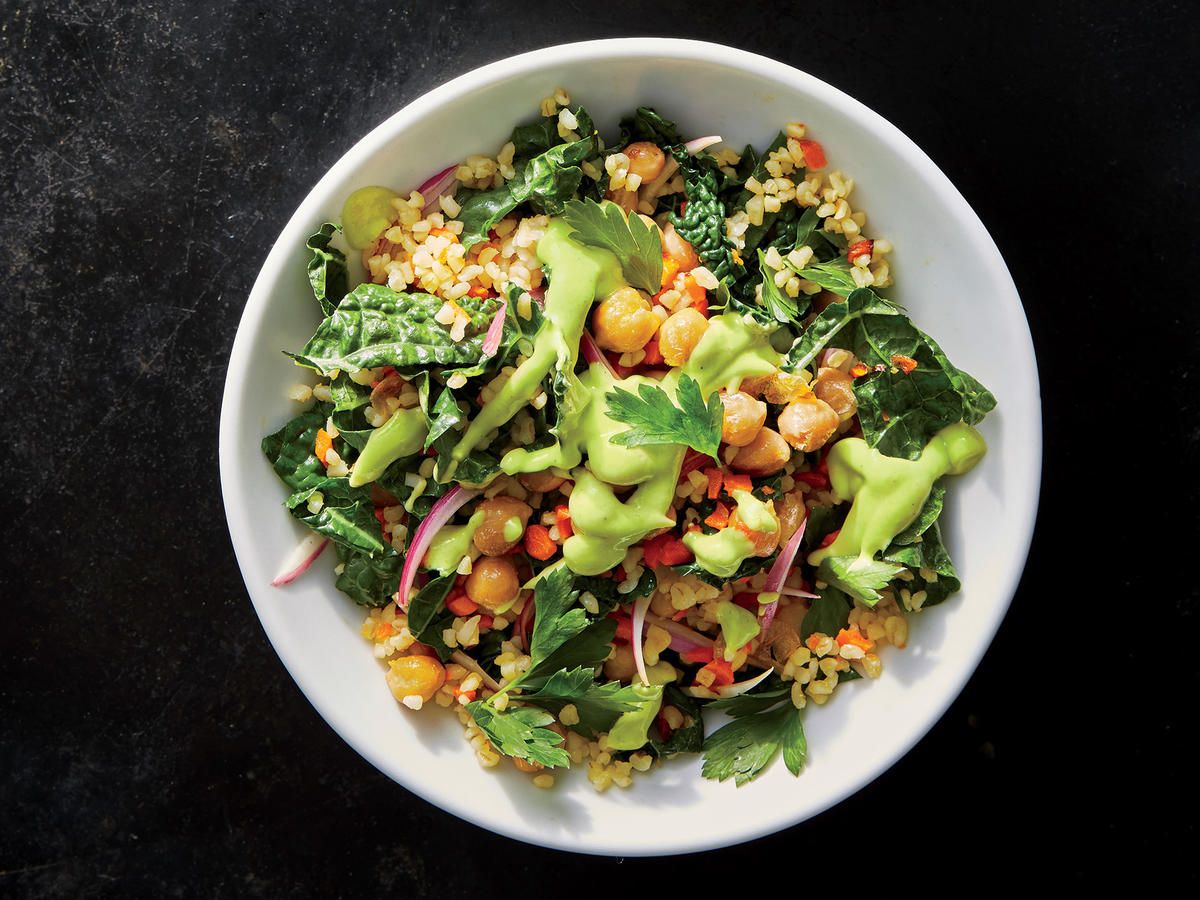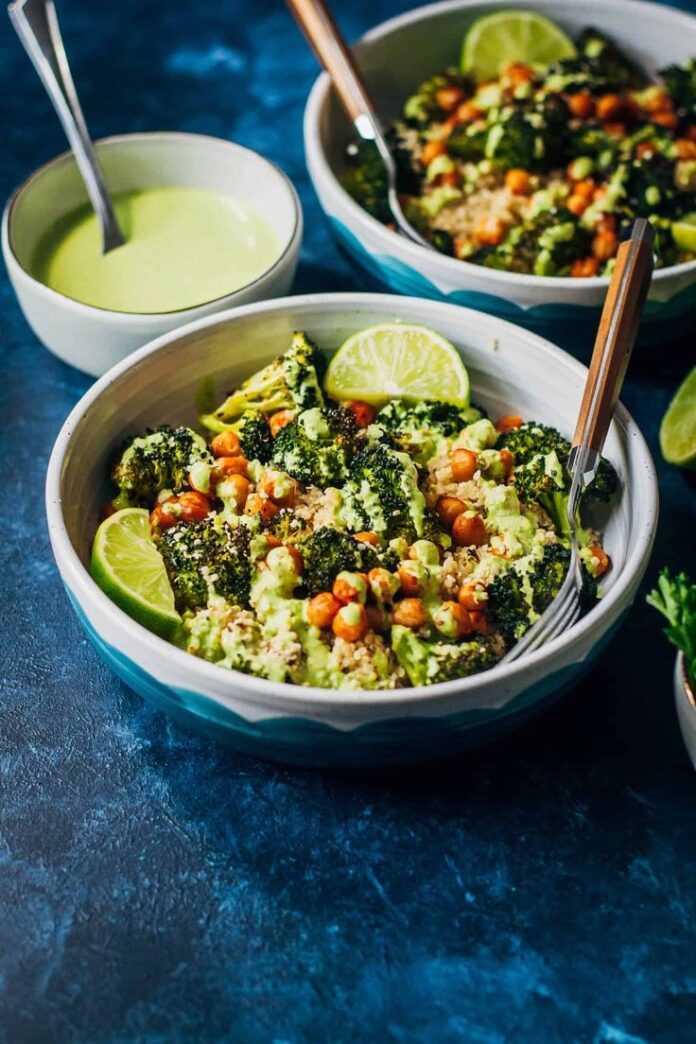Choosing to indulge in Vegetarian recipes isn’t simply about saying no to meat. It’s about embracing a cornucopia of fruits, vegetables, grains, nuts, and seeds that offer an extraordinary range of flavors, textures, and health benefits. The art of mastering vegetarian meals requires you to understand their benefits, the richness they bring to your diet, and how you can creatively incorporate them into your daily meals.
Vegetarian recipes: Nutritional Powerhouse
Embarking on a vegetarian journey introduces you to an array of nutrient-dense foods. With an emphasis on fruits, vegetables, legumes, nuts, and seeds, vegetarian meals are teeming with vital vitamins and minerals. Each serving of these plant-based dishes provides a significant portion of dietary fiber, a non-negotiable for a well-rounded diet.
The remarkable concentration of antioxidants in these recipes is another standout feature. Antioxidants are potent substances that neutralize harmful free radicals in the body, aiding in the maintenance of optimal health. This abundance of nutrients and antioxidants works in unison to fortify the immune system, promoting overall wellbeing.
Don’t be misled into thinking that vegetarian meals lack sufficient protein. Quite the opposite, actually. There are numerous vegetarian proteins, such as lentils, tofu, and quinoa, that are every bit as wholesome and satisfying as their animal-based counterparts. This combination of vitamins, minerals, fiber, antioxidants, and proteins creates a balanced and nourishing meal that supports a healthy lifestyle.
While Vegetarian recipes may seem simple on the surface, their nutritional profiles are anything but. Each ingredient carries a unique nutrient composition, contributing to the recipes’ powerhouse status. So, whether you’re assembling a vibrant salad, simmering a pot of lentil soup, or crafting a bowl of quinoa salad, rest assured that you’re fueling your body with the best that nature has to offer.
Lower Risk of Chronic Diseases
A diet that consists primarily of plant-based foods has been scientifically linked to a decreased likelihood of developing chronic illnesses. Vegetarian meals typically have lower quantities of saturated fats and cholesterol, which are often associated with conditions such as heart disease. These recipes not only aid in weight management, but they also foster improved control of blood sugar levels, essential for preventing diabetes.
Hypertension, a health issue associated with high intake of meat and processed foods, can also be better managed with a vegetarian diet. Further, the adoption of vegetarian meals into daily meals contributes to better metabolic health, lowering the probability of metabolic syndrome.
Overall, the plant-based nature of vegetarian meals promotes a healthier lifestyle, mitigating the risk of numerous lifestyle-related diseases. Remember, incorporating vegetarian meals into your dietary habits is not about eliminating options, but about making healthier choices for long-term wellness.
Boosting Digestive Health
Vegetarian meals are often celebrated for their high fiber content, sourced predominantly from fruits, vegetables, and whole grains. This nutrient plays a crucial role in promoting optimal digestive health. The dietary fiber in these plant-based meals facilitates smoother digestion by adding bulk to your diet, which in turn, encourages regular bowel movements. This could significantly minimize the risk of uncomfortable digestive issues such as constipation.
What’s more, a diet rich in fiber from vegetarian meals can contribute to a healthier gut microbiome. The gut microbiome is a complex ecosystem of bacteria residing in our digestive tract. Dietary fiber acts as food for these beneficial bacteria, helping them to thrive and multiply. A well-balanced gut microbiome is key in ensuring efficient nutrient absorption from the food we consume.
The digestive benefits of vegetarian meals don’t end there. Studies have shown that a high-fiber diet can also aid in preventing more serious digestive conditions such as diverticulosis, irritable bowel syndrome, and certain types of cancer. Therefore, by including a variety of fiber-rich fruits, vegetables, and whole grains in your diet, vegetarian meals can support a healthier and more robust digestive system.
Immense Variety and Flexibility
One of the most appealing aspects of vegetarian meals is their extensive diversity and adaptability. With a vast array of edible plant species from all over the world, the spectrum of combinations and flavors to try is nearly infinite. From aromatic curries and vibrant salads to comforting soups and decadent desserts, the breadth of plant-based options is truly inspiring.
This wealth of choice is also accommodating to dietary restrictions and personal preferences, making it a cinch to adjust recipes based on individual needs and tastes. Whether you’re avoiding gluten, striving to incorporate more whole grains, or simply trying to use up the vegetables in your crisper, vegetarian meals can be easily modified to meet your specific requirements.
The adaptability extends beyond just ingredients; it also applies to cooking methods. Vegetarian dishes can be sautéed, roasted, boiled, grilled, or even eaten raw, allowing you to switch things up in the kitchen and cater to your time constraints or culinary preferences.
The versatility of vegetarian meals can also cater to different cultural cuisines. You can explore Indian spices with a hearty chickpea curry, celebrate Italian flavors with a wholesome vegetable lasagna, or enjoy a simple, Japanese-inspired tofu stir-fry. The world of vegetarian cooking is vast and varied, making it an exciting culinary journey.
So whether you’re new to vegetarianism or a seasoned pro, the flexibility and variety offered by vegetarian meals ensure that your dining table will always be laden with an exciting, flavorsome array of dishes, ready to tantalize your taste buds.
Vegetarian recipes: Enhancing Taste and Creativity
Venturing into the world of vegetarian meals is like embarking on a global taste exploration. The multitude of vegetables, grains, and legumes at your disposal allows you to experiment with various flavors and textures that are just waiting to be unleashed.
Spices and herbs, which are integral to many vegetarian mwals, can significantly elevate the flavors of your dishes. A dash of cinnamon in a pumpkin soup, a sprinkle of fresh herbs in a salad, or a pinch of spice in a curry, can make your meals go from ordinary to extraordinary.
Vegetarian meals not only enhance your taste experience but also bring out your creative side in the kitchen. With the broad assortment of ingredients available, the possibilities for innovative dishes are endless. You could find yourself tossing together an unexpected combination of flavors in a salad, crafting a grain bowl with exotic ingredients, or experimenting with tofu in ways you never imagined.
The act of cooking, especially with vegetarian recipes, is much more than just preparing a meal. It’s about exploring new food combinations, playing with colors, and arranging ingredients in a way that is visually appealing. There’s a certain joy in watching your creation come to life, seeing how different ingredients interact with one another, and tasting the resulting harmony of flavors.
Whether you’re grilling a colorful medley of vegetables, baking a sweet potato stuffed with quinoa and black beans, or making a creamy mushroom risotto, vegetarian cooking provides a playground for culinary innovation. It’s an opportunity to push boundaries and break free from traditional cooking norms.
In the end, mastering vegetarian meals is as much about nurturing your creativity as it is about exploring new tastes and textures. The beauty of vegetarian cooking lies in the fact that there are no rigid rules. You’re free to experiment, innovate, and above all, enjoy the process of crafting delectable and nourishing meals.
Cost Effective and Budget-Friendly
One of the most appealing facets of vegetarian meals is their affordability. Often, people associate healthy eating with expensive shopping lists, but this isn’t always the case. Fresh produce, grains, and legumes usually cost less than their meat and seafood counterparts. Even when organic or locally sourced, plant-based ingredients tend to be more wallet-friendly, making them a smart choice for those on a budget.
While it’s true that some unique vegetarian ingredients can be a bit pricey, they are typically used sparingly and can last for several meals. However, the cornerstone of a vegetarian diet, such as rice, lentils, oats, seasonal fruits, and vegetables, are not only low in cost but also rich in nutrients.
Another budget-saving feature of vegetarian meals is their shelf-life. Many plant-based ingredients like rice, pasta, dried beans, and canned vegetables can be stored for extended periods, reducing the amount of food waste and saving you money in the long run. Plus, these pantry staples can be used in a multitude of dishes, making them a cost-effective and versatile option.
Moreover, opting for vegetarian meals can also save you money on health care costs in the long term. Considering that a vegetarian diet is linked to a reduced risk of chronic diseases, the money saved on potential medical bills is significant.
In essence, a vegetarian lifestyle doesn’t need to be expensive. With a little bit of planning and smart shopping, vegetarian meals can offer a healthy, balanced diet without breaking the bank. By investing in high-quality, affordable plant-based ingredients, you can whip up tasty, nutritious meals while keeping your budget in check.
 Positive Impact on the Environment
Positive Impact on the Environment
Choosing vegetarian meals isn’t just beneficial for our health; it also has a profound effect on our planet’s wellbeing. Compared to animal-based foods, the production of plant-based ingredients typically consumes fewer resources such as land and water. This is because growing crops directly for human consumption is more efficient than feeding those same crops to livestock.
Additionally, the environmental footprint of a vegetarian diet is significantly lower due to reduced greenhouse gas emissions. Livestock farming is one of the significant contributors to these emissions, which are harmful to our environment. In contrast, cultivating fruits, vegetables, grains, and legumes results in substantially fewer greenhouse gases, making vegetarian meals a more sustainable choice.
By opting for vegetarian meals, we’re making a conscious decision to lower our environmental impact. This shift in eating habits could play a significant role in combating climate change, conserving water resources, and preserving our planet’s biodiversity.
However, it’s not just about the larger environment; adopting vegetarian meals can also positively impact our immediate surroundings. For instance, a reduction in meat consumption could decrease the demand for factory farming, an industry often linked to pollution of local waterways and detrimental effects on nearby communities.
In conclusion, incorporating vegetarian meals into our lifestyle does more than just satiate our appetite. It sends a powerful message about our commitment to safeguarding our planet’s health. Every plant-based meal we consume moves us one step closer to a more sustainable and eco-friendly world. Therefore, mastering the art of vegetarian cooking is not just a journey of taste and health but also a journey towards a more sustainable lifestyle.
FAQs
Q: Can vegetarian recipes provide all essential nutrients?
A: Absolutely! Vegetarian recipes are rich in vitamins, minerals, fiber, antioxidants, and proteins, providing a balanced and nourishing diet.
Q: Do vegetarian meals have enough protein?
A: Yes, there are many excellent plant-based protein sources like lentils, tofu, and quinoa used in vegetarian meals.
Q: Is it expensive to follow a vegetarian diet?
A: Not necessarily. Many plant-based ingredients like grains and legumes are typically less expensive than meat. Also, vegetarian pantry staples have a longer shelf-life which can save you money.
Conclusion
Embracing vegetarian meals isn’t simply a diet change, but a lifestyle choice that has profound implications for our health, environment, and even our wallet. It’s about discovering a world rich in flavors, textures, and nutrients while experimenting and pushing culinary boundaries. Vegetarian cooking offers endless opportunities for innovation, creativity, and enjoyment, proving that a meat-free diet is anything but boring. At the same time, it fosters a more sustainable living, reducing our carbon footprint, and promoting the wellbeing of our planet.
| Other Good Articles to Read |
| Blogs Rain |
| Cme Blog Spot |
| Garcias Blogs |
| Yyc Blogs |
| Blogs-Hunt |
| Impact-Blog |
| Smarty Blogs |
| Ed Blog |
| Mo Blogs |
| Blogs Em |
| Blogs T |
| Related Business Listings |
| Contact Directory |
| Local Business Profiles |
